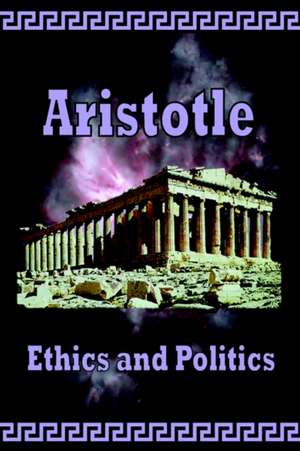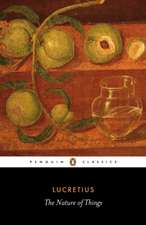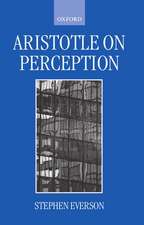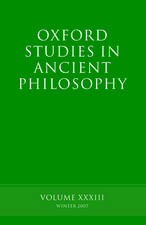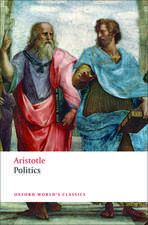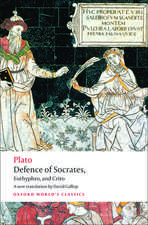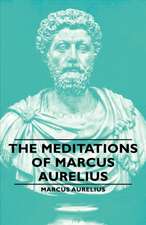Aristotle - Ethics and Politics: The Art of Christopher Carter
Autor Aristotleen Limba Engleză Paperback – 31 dec 2005
The Ethics of Aristotle is one half of a single treatise of which his Politics is the other half. Both deal with one and the same subject. This subject is what Aristotle calls in one place the "philosophy of human affairs;" but more frequently Political or Social Science. In the two works taken together we have their author's whole theory of human conduct or practical activity, that is, of all human activity, which is not directed merely to knowledge or truth. The two parts of this treatise are mutually complementary, but in a literary sense each is independent and self-contained.
In these two major works, Aristotle assumes the characteristic Platonic view that all men seek the good, and go wrong through ignorance, not through evil will. The end of all action, individual or collective, is the greatest happiness of the greatest number. There is, Aristotle insists, no difference of kind between the good of one and the good of many or all. He naturally regards the state as a community that exists for the sake of the good life. It is in the state that that common seeking after the good, which is the profoundest truth about men and nature, becomes explicit and knows itself. Hence for Aristotle as for Plato, the natural state or the state as such is the ideal state, and the ideal state is the starting-point of political inquiry.
Preț: 122.89 lei
Nou
Puncte Express: 184
Preț estimativ în valută:
23.52€ • 24.46$ • 19.71£
23.52€ • 24.46$ • 19.71£
Carte disponibilă
Livrare economică 20 februarie-06 martie
Preluare comenzi: 021 569.72.76
Specificații
ISBN-13: 9780977340019
ISBN-10: 0977340015
Pagini: 280
Dimensiuni: 229 x 152 x 16 mm
Greutate: 0.41 kg
Editura: El Paso Norte Press
ISBN-10: 0977340015
Pagini: 280
Dimensiuni: 229 x 152 x 16 mm
Greutate: 0.41 kg
Editura: El Paso Norte Press
Notă biografică
Aristotle (384-322 BC) was a Greek philosopher during the Classical period in Ancient Greece, the founder of the Lyceum and the Peripatetic school of philosophy and Aristotelian tradition. Along with his teacher Plato, he has been called the Father of Western Philosophy. His writings cover many subjects - including physics, biology, zoology, metaphysics, logic, ethics, aesthetics, poetry, theatre, music, rhetoric, psychology, linguistics, economics, politics and government.
Aristotle provided a complex synthesis of the various philosophies existing prior to him, and it was above all from his teachings that the West inherited its intellectual lexicon, as well as problems and methods of inquiry. As a result, his philosophy has exerted a unique influence on almost every form of knowledge in the West and it continues to be a subject of contemporary philosophical discussion.
Little is known about his life. Aristotle was born in the city of Stagira in Northern Greece. His father, Nicomachus, died when Aristotle was a child, and he was brought up by a guardian. At seventeen or eighteen years of age, he joined Plato's Academy in Athens and remained there until the age of thirty-seven (c. 347 BC). Shortly after Plato died, Aristotle left Athens and, at the request of Philip II of Macedon, tutored Alexander the Great beginning in 343 BC. He established a library in the Lyceum which helped him to produce many of his hundreds of books on papyrus scrolls. Though Aristotle wrote many elegant treatises and dialogues for publication, only around a third of his original output has survived, none of it intended for publication.
